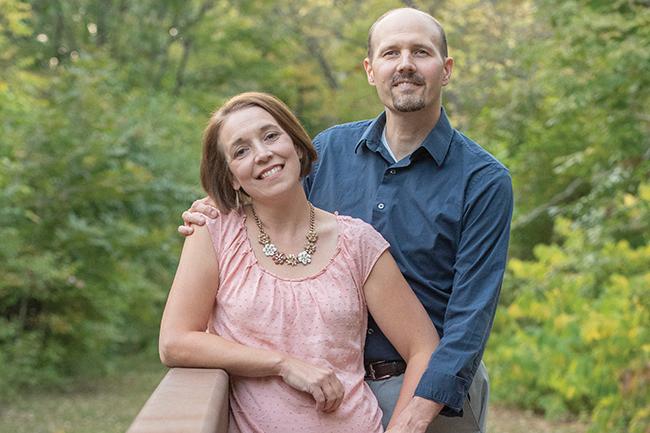
by Libby DuPont
Bank tellers are trained to recognize counterfeit currency by repeatedly handling the real thing.
For parents trying to raise faithfully Catholic children in a world full of increasingly hostile ideologies, the same methodology can be very helpful. Repeating simple truths to our children from an early age can help them recognize and reject “counterfeit” ideas about the human person, sexuality and morality. Here’s a few examples:
You are wonderfully made. Read Psalm 139 with your children frequently and take every possible opportunity to point out what a gift from God their bodies are: “Look at how your body put a scab over your cut to protect it. Isn’t it amazing how God designed that?”
Your body is the perfect package for who you are. As Catholics, we believe that body and soul are inextricably linked. We can help even small children understand this by linking their outer and inner qualities when we affirm them: “I know you wish you had straight hair, and it’s OK to straighten it sometimes, but I love how your curly hair fits your bubbly personality!”
Masculinity and femininity are complementary gifts. In the first chapter of the Book of Genesis, we hear that God created people male and female. This is the one diversity we do not celebrate in our culture. We can help our children appreciate this gift by affirming the specifically masculine and feminine gifts of those around us, and specifically in our children themselves: “Thank you, son, for putting your muscles to work to serve the family!”
You are unique and unrepeatable. One of the reasons we tend to downplay gender differences in our culture is that we instinctively know that stereotypes are ridiculous. There are so many wonderful ways to be authentically masculine or feminine, and children can understand this when we explicitly point it out in friends, family or even book and movie characters: “Some girls are into sparkles and makeup, and others like to get dirty exploring. . . . Some do both! Isn’t it cool that there isn’t just one way to be a girl?”
God knows what makes us happy. Since God loves us and made our bodies as a gift, we can trust that the “rules” he has given us are for our good. Even young children can recognize that what we want isn’t always what’s best for us: “Remember when you ate five pieces of cake at the birthday party when no one was looking? You thought it would make you happy, but do you remember how sick you felt?”
Repeating simple truths like these in daily life when our children are small lays a foundation on which we can build as they grow.






